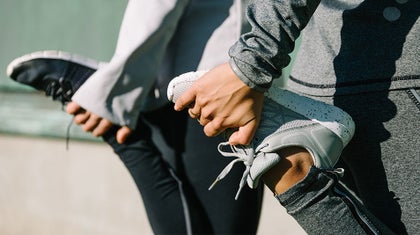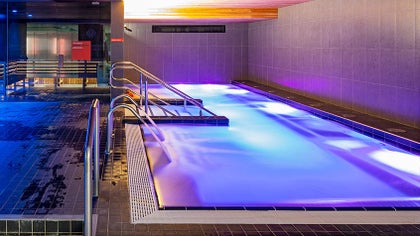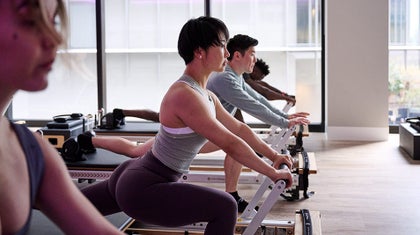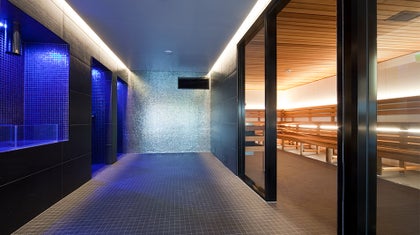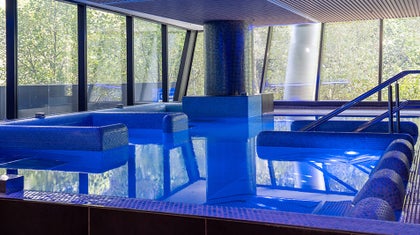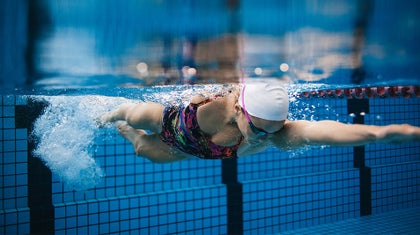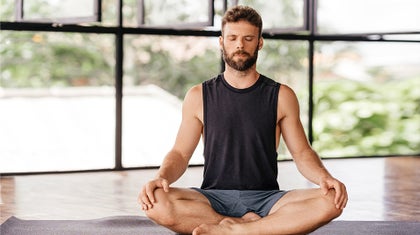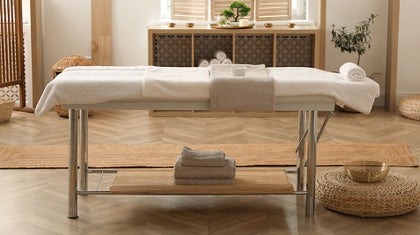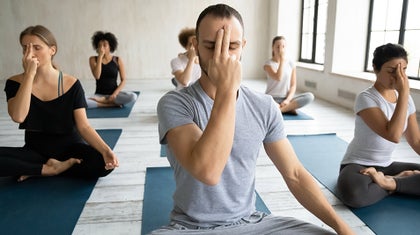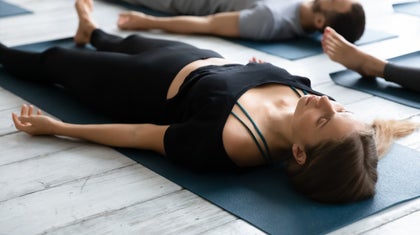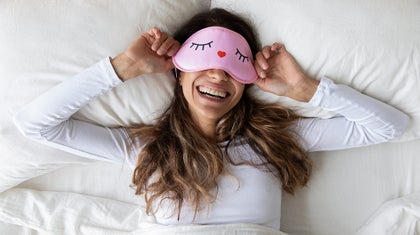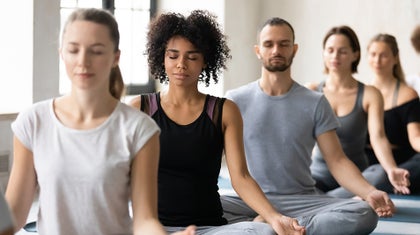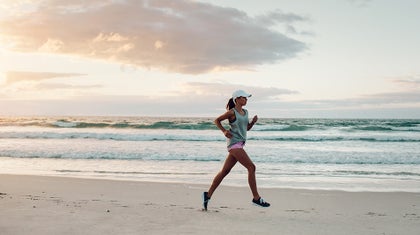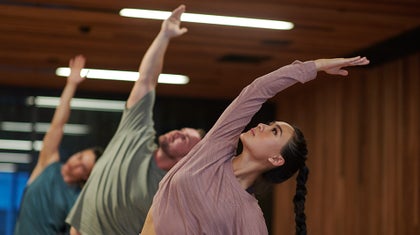Blog
Stay up to date
Unwind
Unwind
3 min read
Do I really need to warm up and cool down?
Unwind
4 min read
From gym to zen: why add a post-workout spa session
Unwind
4 min read
Home remedies for headache relief
Unwind
4 min read
Set yourself up for the best sleep ever
Unwind
4 min read
The virtues of self-reflection
Unwind
4 min read
Need a stretch? We have a class just for you
Unwind
3 min read
Should you use the sauna before or after your workout?
Unwind
3 min read
Sauna? Pool? Spa? What one should you jump in first?
Unwind
4 min read
What is a Sound Bath class?
Unwind
3 min read
The 10 best health benefits of swimming
Unwind
5 min read
Breathing techniques for stress relief
Unwind
4 min read
How often should you get a massage?
Unwind
4 min read
How to calm your mind (without meditation)
Unwind
3 min read
Do ice baths and cold plunges actually work?
Unwind
4 min read
How to make time for fitness and guilt-free workouts
Unwind
3 min read
Simple ways to practice self-love
Unwind
3 min read
Create SMART goals this new year
Unwind
3 min read
How to set boundaries these holidays
Unwind
3 min read
It's time to rest and recover
Unwind
3 min read
Indoor plants - it’s more than just the looks
Unwind
4 min read
How to win with your morning habits
Unwind
5 min read
8 stress relievers to balance your mind
Unwind
5 min read
A guide to meditation
Unwind
5 min read
Mental fatigue vs physical fatigue
Unwind
3 min read
Practicing mindfulness for stressful situations
Unwind
3 min read
How to beat the afternoon slump
Unwind
3 min read
A PT's self-care day
Unwind
3 min read
Should I take cold showers?
Unwind
3 min read
Put your mental health first
Unwind
5 min read
Winning morning habits
Unwind
5 min read
Eco-friendly trips
Unwind
3 min read
5 books to motivate you
Unwind
5 min read
Overcome exercise burnout
Unwind
3 min read
6 ways to balance your life
Unwind
3 min read
Yoga poses to counteract sitting
Enjoying our blog?
Sign up to our newsletter to get updates on training, healthy living, news and events.
